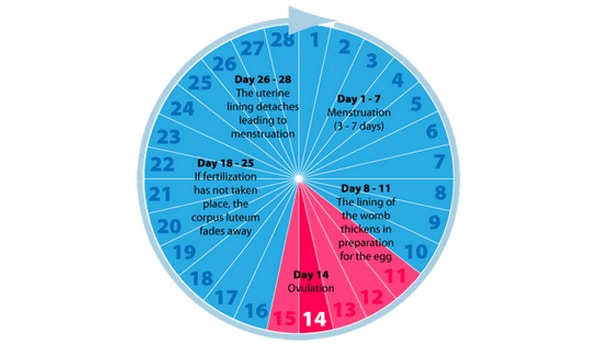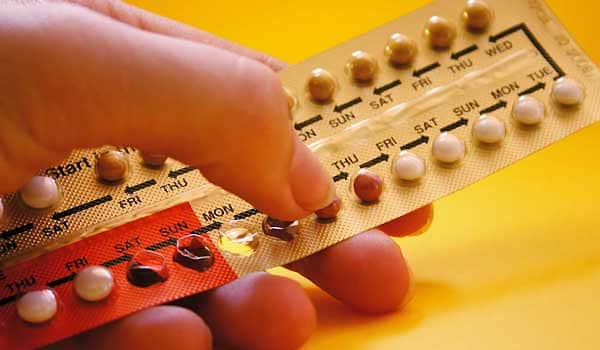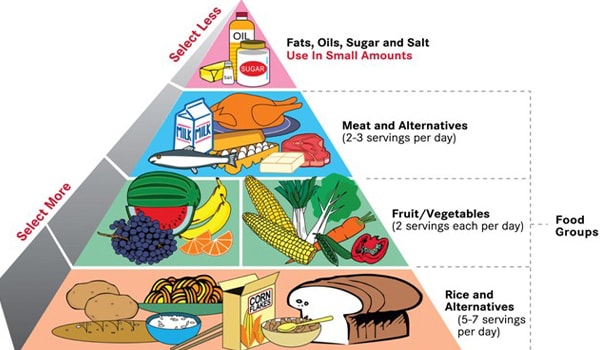Health Photos
-
A woman is most fertile during mid cycle. Ovulation generally occurs 14 days before the start of the next period. To successfully conceive, it is best to have intercourse in the fertile window of opportunity starting at about 2-3 days before ovulation.
-
If your cycles are very regular, you may be able to determine when you ovulate: in the average menstrual cycle, ovulation occurs 14 days before the menstrual period arrives - or on day 14 of a 28-day cycle. So if you subtract 14 days from the length of your cycle, you'll get an idea of when you ovulate.
-
If you have just come off the contraceptive pill and are ready to have a baby, be prepared for the fact that conception may not happen straight away. The hormones in the pill have been running and regulating your menstrual cycle, not your body. When you come off the pill it takes a little while for your body to regain its natural hormonal rhythm, which varies from one woman to another.
-
Smoking affects your ability to conceive in a variety of ways. Cigarette smoking damages your ovaries, ultimately causing your body to lose eggs more quickly. So, if you are planning to get pregnant, quit smoking.
-
All women who are trying to get pregnant should avoid alcohol as it can lead not only to infertility but also increases the risk for spontaneous abortion and impaired fetal growth and development.
-
Some studies have reported that coffee can decrease a woman's chances of getting pregnant, but it is in no way unsafe to drink a moderate amount of coffee weekly or even daily.
-
Eating a well-balanced diet while your are trying to conceive and through pregnancy is central to the health of a developing baby, as well as the the health of the mother-to-be.
-
Stress is a known cause of delayed and missed periods, which can cause difficulty tracking ovulation and getting pregnant. So, limit your amount of stress as much as possible.
-
Being healthy and including regular exercise in your daily routine will not only make your body stronger, it will also help reduce stress, which will in turn make conception easier.
-
If you're under 35 and have had regular intercourse for 12 months, or 35 or older and have been trying for six months, then it's time to see the doctor for a fertility evaluation.



























